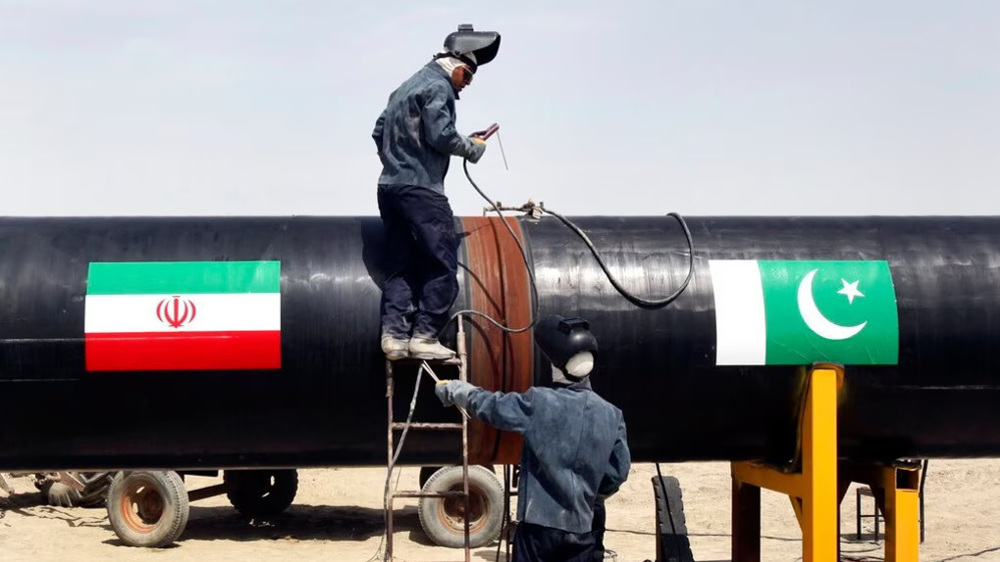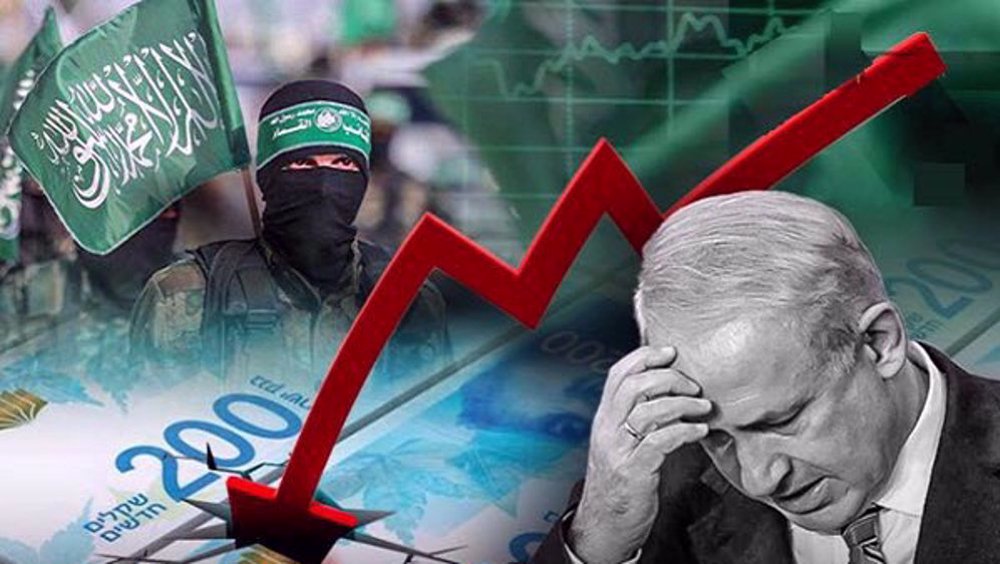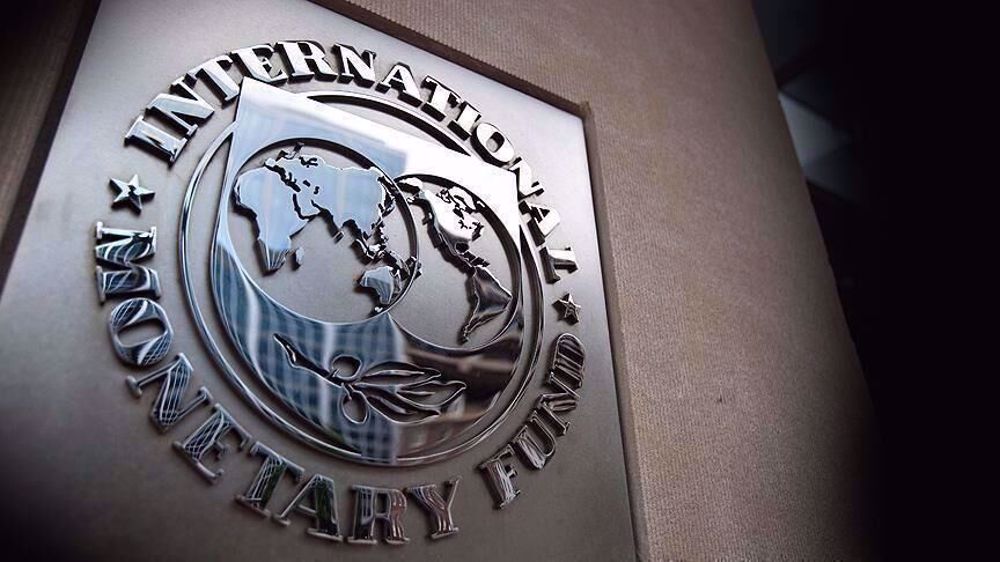Oil markets to remain oversupplied: IEA forecast
The International Energy Agency (IEA) has predicted that oil markets will remain oversupplied at least until the end of 2016 in the light of sluggish demand and OPEC’s failure to curb production.
“World oil markets will remain oversupplied at least until late 2016 ...although the pace of global stock builds should roughly halve next year,” the IEA said in a monthly report.
The agency said the global oil glut is set to worsen in coming months as Iran would raise its output after international sanctions are lifted on the country.
“As extra Iranian oil hits the market, inventories are expected to swell by 300 million barrels. Concerns about reaching storage capacity limits appear to be overblown,” the IEA said.
However, it said the record global stock-building pace would slow down in 2016.
“Much of the excess oil will be soaked up by 230 million barrels of new storage capacity additions, while US inventories are only 70% full,” said the agency, adding, “As inventories continue to swell into 2016, there will still be a lot of oil weighing on the market.”
Crude prices have plunged to near-seven-year lows below $40 a barrel in December after the Organization of the Petroleum Exporting Countries failed in its recent ministerial meeting to impose a ceiling on its output.
The IEA said OPEC’s decision last week to impose no ceiling on its production apparently indicated a renewed determination to maximize low-cost OPEC supply.
“As companies make further spending cuts in reaction to sub-$50/barrel oil, the impact on supplies – both from non-OPEC and OPEC - will be even more pronounced in the longer term,” the IEA said.

Record lows
The international prices of oil hit fresh 7-year lows on Friday in what appears to be a result of growing oversupply concerns.
US benchmark West Texas Intermediate (WTI) for delivery in January was down 28 cents at $36.48 and Brent crude for January was trading 26 cents lower at $39.47 at around 0240 GMT, their lowest levels since early 2009 during a global financial crisis.
Analysts are blaming rising oil production, largely by OPEC member states, for the falling prices.
Several OPEC members, notably Iran and Iraq, are looking to boost output as they emerge from sanctions and conflicts.
The low oil prices on Friday strongly weighed down on US share prices. The sharp drop in oil prices specifically added to US investor uncertainty as the Fed Reserve prepares to raise interest rates for the first time since June 2006 at its meeting next week.
China's yuan has also fallen to its lowest in 4-1/2 years on concerns about the country's slowing economy and expectations of a US rate hike.
Global shares were lower on Friday amid concerns that weakness in the Chinese currency could weigh on the global economy and on companies with strong export ties to China.
Voting begins In Iran's run-off parliamentary election
VIDEO | Press TV’s news headlines
VIDEO | Five activists arrested as police close Vienna encampment
Spanish universities plan to suspend cooperation with Israeli institutions
VIDEO | Syria seminar discusses importance of resistance in future of West Asia
VIDEO | Sacrifice and Martyrdom
Iraqi resistance strikes airbase housing Israel’s ‘aggressor squadron’
Major Rafah invasion won’t defeat Hamas: White House















 This makes it easy to access the Press TV website
This makes it easy to access the Press TV website